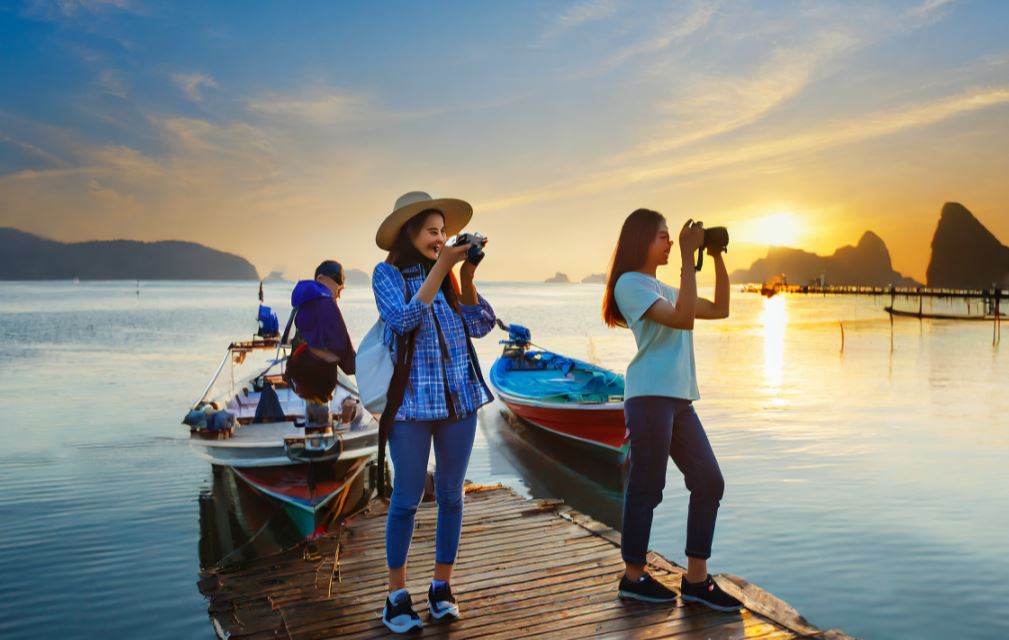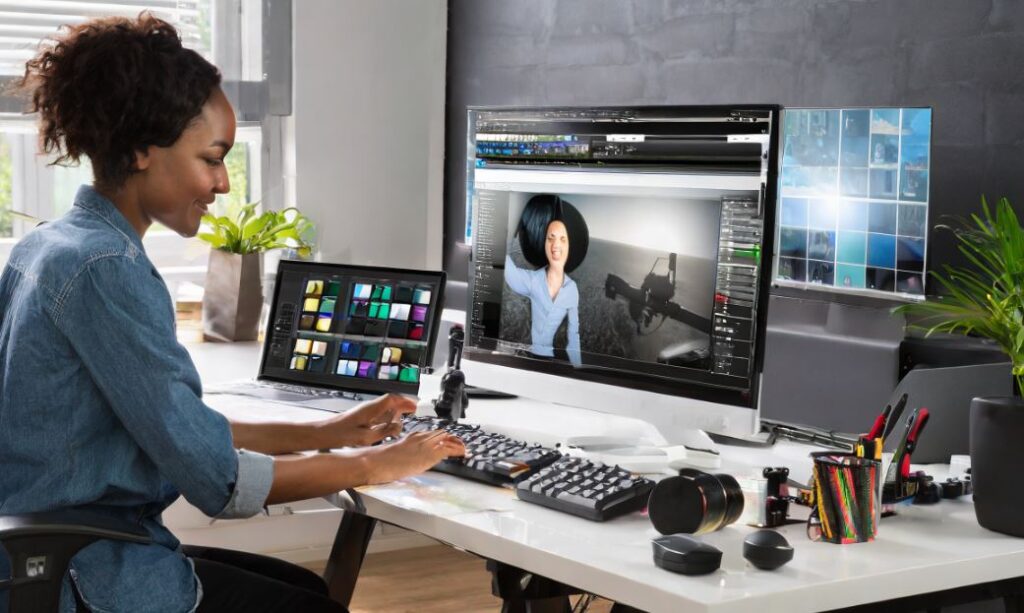Capturing Moments: Essential Tips for Beginner Photographers
Begin your photography journey with confidence using these essential tips. Understand your camera settings and functions to maximize its potential. Practice in different lighting conditions to grasp the impact on your shots. Experiment with composition techniques, such as the rule of thirds. Learn to use natural light effectively and consider the time of day for optimal lighting. Focus on a specific genre or style to develop your skills. Edit your photos mindfully, enhancing without overdoing. Seek constructive feedback and continuously learn from experienced photographers. Embrace your unique perspective and enjoy the process of capturing memorable moments.

Invest in a Good Camera:
Start with a good camera that suits your budget and needs. Research different camera types and models, considering factors like resolution, sensor size, and ease of use.
- Start with a good camera that suits your budget and needs.
- Research different camera types and models, considering factors like resolution, sensor size, and ease of use.
- Understand the basic features and functions of your camera.
Learn the Basics of Composition:
Understand the basics of composition, including the rule of thirds, framing, and leading lines. These principles enhance the visual appeal of your photographs.
- Understand the basics of composition, including the rule of thirds, framing, and leading lines.
- Experiment with different compositions to see what works best for each scene.
- Pay attention to the placement of key elements within your frame.
Master Your Camera Settings:
Master your camera settings to have control over exposure, shutter speed, aperture, and ISO. Knowing how to adjust these settings allows you to capture diverse and creative shots.
- Master your camera settings to have control over exposure, shutter speed, aperture, and ISO.
- Practice adjusting settings in different lighting conditions.
- Experiment with manual mode to understand the impact of each setting.
Understand Lighting Techniques:
Learn about lighting techniques, including natural light, artificial light, and the use of flash. Proper lighting can dramatically enhance the mood and quality of your photos.
- Learn about lighting techniques, including natural light, artificial light, and the use of flash.
- Understand how different types of light affect the overall look of your images.
- Experiment with the direction and intensity of light sources.
Experiment with Different Perspectives:
Experiment with different perspectives to add variety to your photography. Try shooting from low angles, high angles, and different focal lengths to create unique and interesting compositions.
- Experiment with different perspectives to add variety to your photography.
- Try shooting from low angles, high angles, and different focal lengths to create unique and interesting compositions.
- Don’t be afraid to get creative with your framing and vantage points.
Focus on One Genre Initially:
Focus on one genre initially to build a strong foundation. Whether it’s portrait, landscape, or macro photography, dedicating time to a specific genre helps you develop specialized skills.
- Focus on one genre initially to build a strong foundation.
- Dedicate time to learning the specific techniques and challenges of your chosen genre, be it portrait, landscape, or macro photography.
- Explore other genres as you become more comfortable with your camera and skills.
Practice Regularly:
Practice regularly to refine your skills. The more you shoot, the better you’ll become at understanding your camera, composing shots, and capturing the essence of your subjects.
- Practice regularly to refine your skills.
- The more you shoot, the better you’ll become at understanding your camera, composing shots, and capturing the essence of your subjects.
- Experiment with different subjects and scenarios to broaden your experience.
Seek Feedback and Learn from Others:
Seek feedback and learn from others, whether through online communities, photography classes, or critiques from experienced photographers. Constructive feedback can accelerate your growth.
- Seek feedback and learn from others, whether through online communities, photography classes, or critiques from experienced photographers.
- Participate in photography forums or groups to share your work and gain insights from peers.
- Attend photography workshops or classes to learn from professionals.
Edit with Purpose:
When editing your photos, do so with purpose. Enhance the strengths of your image, correct any issues, and maintain the authenticity of your work. Avoid excessive or unnecessary edits.
- When editing your photos, do so with purpose.
- Enhance the strengths of your image, correct any issues, and maintain the authenticity of your work.
- Avoid excessive or unnecessary edits that may compromise the integrity of the photo.
Build a Portfolio:
As you gain experience, build a portfolio showcasing your best work. A portfolio is a powerful tool for presenting your skills and style when seeking opportunities or clients.
- As you gain experience, build a portfolio showcasing your best work.
- A portfolio is a powerful tool for presenting your skills and style when seeking opportunities or clients.
- Include a variety of images that demonstrate your versatility as a photographer.
Advantages of Following Photography Tips:
- Enhanced understanding of camera functions for better shots.
- Improved ability to adapt to various lighting conditions.
- Maximized impact through effective composition techniques.
- Developed skills and style within a chosen genre of photography.
- Promotion of continuous learning and improvement as a photographer.
Disadvantages of Ignoring Photography Tips:
- Increased difficulty in capturing high-quality and impactful photos.
- Challenges in adapting to diverse lighting conditions effectively.
- Reduced visual appeal and creativity in composition.
- Slower development of skills and personal style as a photographer.
- Potential frustration and dissatisfaction with photographic results.
Things to Avoid for Successful Photography:
Avoid relying solely on automatic settings; explore manual controls. Minimize overediting; strive for a natural and authentic feel. Refrain from comparing yourself too harshly to other photographers. Avoid neglecting the importance of post-processing techniques. Seek guidance but avoid excessive dependence on presets or filters. Consult with experienced photographers for specific questions or challenges.






